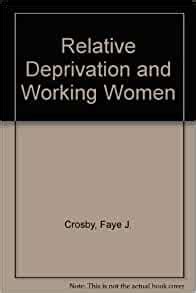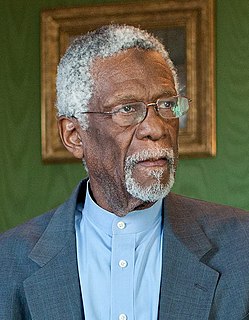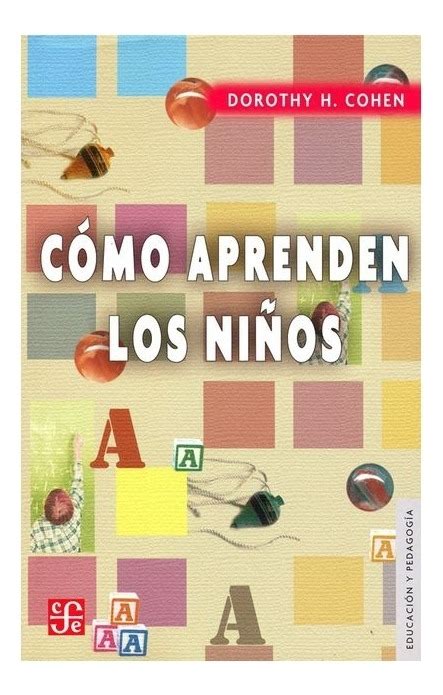A Quote by Benjamin Spock
The fact is that child rearing is a long, hard job, the rewards are not always immediately obvious, the work is undervalued, and parents are just as human and almost as vulnerable as their children.
Related Quotes
A child is not a Christian child, not a Muslim child, but a child of Christian parents or a child of Muslim parents. This latter nomenclature, by the way, would be an excellent piece of consciousness-raising for the children themselves. A child who is told she is a 'child of Muslim parents' will immediately realize that religion is something for her to choose -or reject- when she becomes old enough to do so.
The authoritarian child-rearing style so often found in working-class families stems in part from the fact that parents see aroundthem so many young people whose lives are touched by the pain and delinquency that so often accompanies a life of poverty. Therefore, these parents live in fear for their children's future--fear that they'll lose control, that the children will wind up on the streets or, worse yet, in jail.
A thoroughly socialized person is one who desires only the rewards that others around him have agreed he should long for - rewards often grafted onto genetically programmed desires.A person who cannot override genetic instructions when necessary is always vulnerable..The solution is to gradually become free of societal rewards and learn how to substitute for them rewards that are under one's own powers.
Westerners often laud their children as 'talented' or 'gifted', while Asian parents highlight the importance of hard work. And in fact, research performed by Stanford psychologist Carol Dweck has found that the way parents offer approval affects the way children perform, even the way they feel about themselves.
I hope I epitomize the American dream. For I came against long odds, from the ghetto to the very top of my profession. I was not immediately good at basketball. It did not come easy. It came as the result of a lot of hard work and self-sacrifice. The rewards, where they worth it? One thousand times over.
They [parents] can help the children work out schedules for homework, play, and television that minimize the conflicts involved inwhat to do first. They can offer moral support and encouragement to persist, to try again, to struggle for understanding and mastery. And they can share a child's pleasure in mastery and accomplishment. But they must not do the job for the children.
In the nurturing family...parents see themselves as empowering leaders not as authoritative bosses. They see their job primarily as one of teaching their children how to be truly human in all situations. They readily acknowledge to the child their poor judgment as well as their good judgment; their hurt, anger, or disappointment as well as their joy. The behavior of these parents matches what they say.
Training moments occur when both parents and children do their jobs. The parent's job is to make the rule. The child's job is to break the rule. The parent then corrects and disciplines. The child breaks the rule again, and the parent manages the consequences and empathy that then turn the rule into reality and internal structure for the child.




































